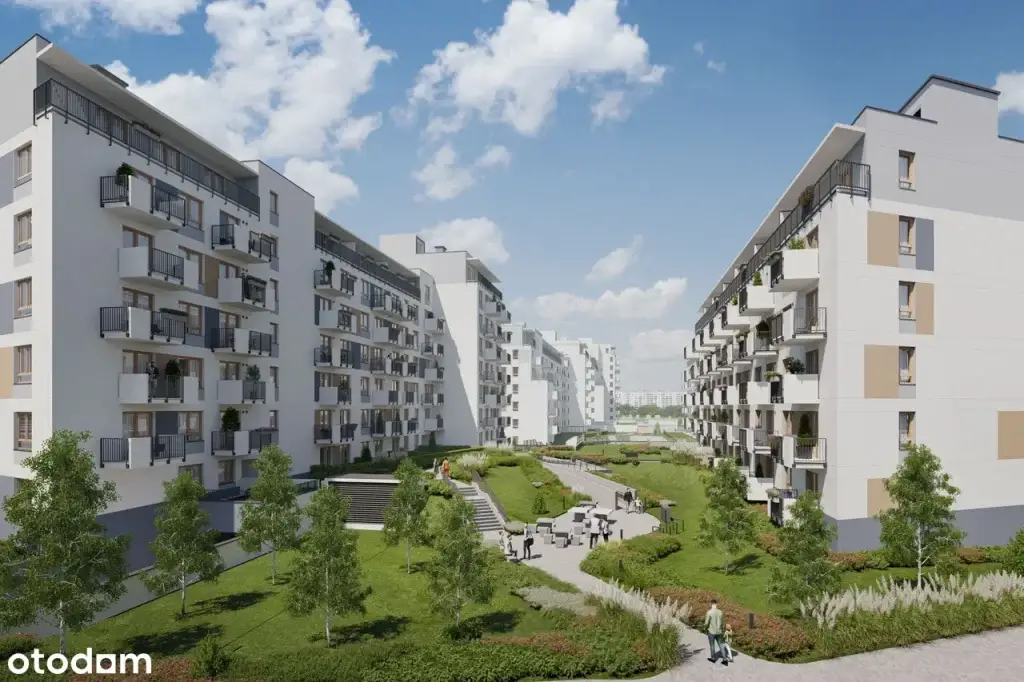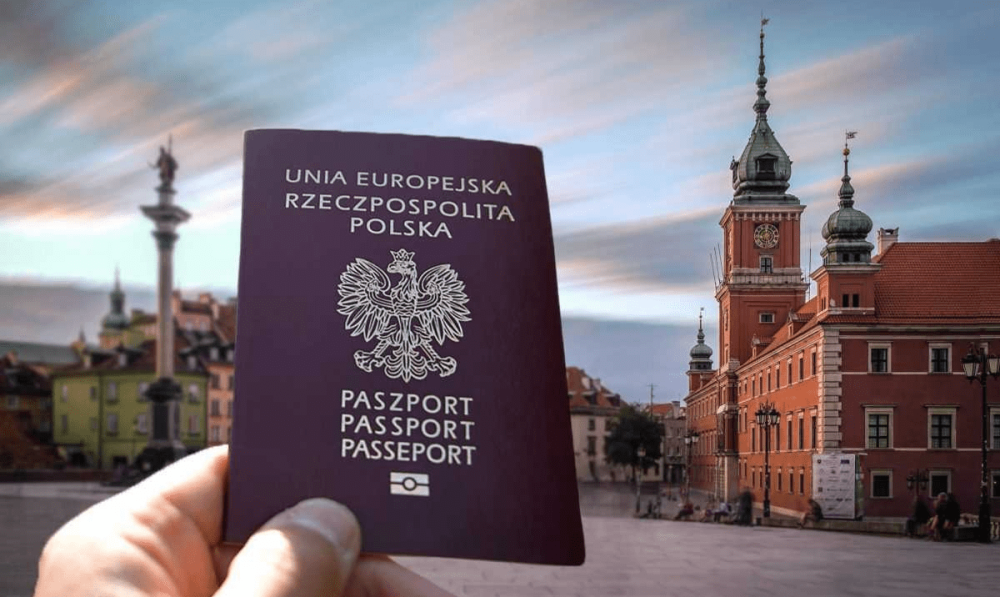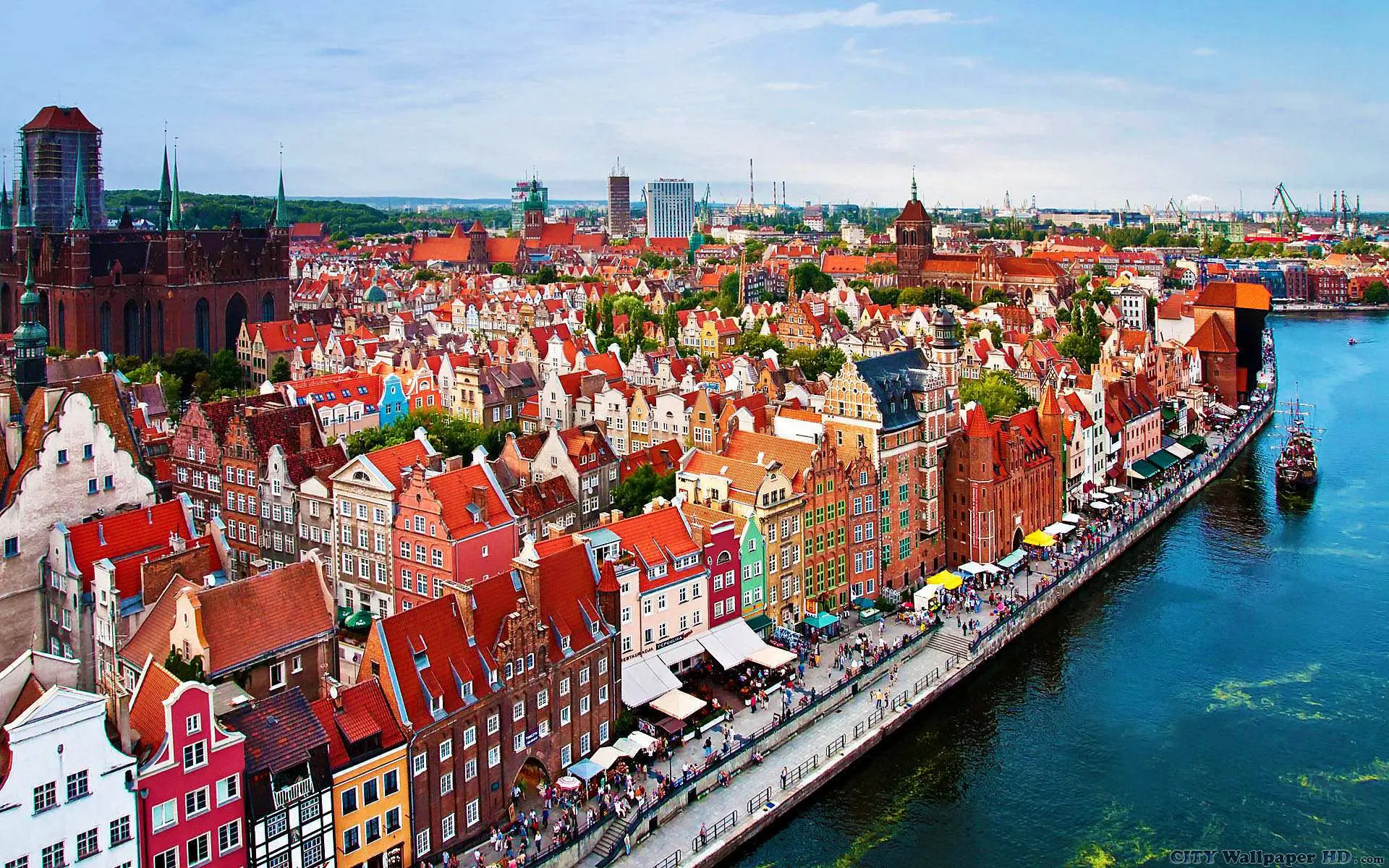Property taxes in Poland have undergone significant changes over the last two decades. Previously, the regulatory system was less transparent, but gradual reforms in legislation have allowed for a high level of investor protection. With the adoption of the Urban Leases Act (LAU) and other regulations, the tax system has become more predictable. Historically, the steady growth of the Polish property market has been accompanied by adjustments in commission rates. Tax amounts are formed on the basis of regional indicators, which makes it possible to take into account the specifics of each municipality and the regional economy.
Property tax rates and charges in Poland
Commission amounts in the country are calculated according to strict rules established by the Ministry of Finance. They are also specified by local authorities. Thus, for different types of objects there are the following maximum rates according to 2024 data:
- Business-related land – PLN 1.34 per square metre.
- Land under standing or running water – PLN 6.66 per square metre.
- Other land, including facilities of public benefit organisations – 0.71 PLN per sq. m.
- Residential property – PLN 1.15 per square metre.
- Business-related buildings – 33.10 PLN per square metre.
In 2025, the rates are forecast to increase by 2.7% compared to 2024, reflecting inflationary processes in the country. For example, the rate for residential properties will increase to PLN 1.18 per square metre and for commercial properties to PLN 34.00 per square metre. Property taxes in Poland play a key role in value formation and should be taken into account when planning investments.
Taxes when buying property in Poland: VAT and PCC
 Two main levies apply to the purchase of a property in the country: VAT and civil transaction tax (PCC). The former is charged on the purchase of new buildings from a property developer. The standard VAT rate is 23%, but a reduced rate of 8% applies for residential properties up to 150m². Secondary purchases are subject to PCC, which is 2% of the market value of the dwelling. The percentages depend on the type of transaction and the property, which requires careful analysis of each case. The investor is advised to carefully study the taxation conditions to avoid unexpected costs and optimise the investment.
Two main levies apply to the purchase of a property in the country: VAT and civil transaction tax (PCC). The former is charged on the purchase of new buildings from a property developer. The standard VAT rate is 23%, but a reduced rate of 8% applies for residential properties up to 150m². Secondary purchases are subject to PCC, which is 2% of the market value of the dwelling. The percentages depend on the type of transaction and the property, which requires careful analysis of each case. The investor is advised to carefully study the taxation conditions to avoid unexpected costs and optimise the investment.
Notary services and additional costs
Property taxes in Poland are accompanied by mandatory costs associated with the registration of the transaction. Notary services play an important role, as the specialist certifies the sale and purchase agreement and submits data to the land registry. The maximum rate of remuneration of a notary in 2024 reached PLN 10,000.

Additional costs include real estate agency commissions (up to 3% of the value) and, in some cases, fees when applying for a mortgage loan. It should be borne in mind that property taxes in Poland, together with notary and agency fees, can be a significant expense, which should be factored into the financial plan.
Taxes on income on the sale of real estate
When selling a property in Poland, the profit is subject to income tax (PIT) at the rate of 19% on the difference. But if the property is sold after 5 years from the date of purchase, no interest is charged. An additional condition is that the investor must use the proceeds for their own housing purposes within 3 years after the transaction. This system of property taxes in Poland stimulates long-term investments and reduces the commission burden for those who plan to live in the acquired area or use it for permanent rent.
Inheritance and gift taxes
Property taxes in Poland also apply to inheritance and donation of properties. Depending on the degree of kinship between the parties, the system divides the beneficiaries into three groups:
- For close relatives (group one), there is a fee waiver for filing SD-Z2 declaration within 6 months.
- The other groups have progressive rates: for the first – from 3% to 7%, for the second – from 7% to 12%, for the third – from 12% to 20% of the value of property exceeding certain limits.
Taxes on rental property
Income from rental property in Poland is taxed under a special system. Individuals are subject to a lump sum tax (ryczałt) of 8.5% on income over PLN 100,000 and 12.5% for smaller amounts. At the same time, self-employed persons can choose between the rate of 17% or a linear tax of 19% depending on their profits. Renting commissions are calculated on total income without taking into account expenses, which requires precise planning and optimisation of payments. Timely filing of the PIT-28 return allows you to avoid penalties and ensure a refund of overpaid amounts if the tax burden was overstated.
Recommendations for investors
Property taxes in Poland play an important role when buying properties and require careful consideration. Recommended:
- Thoroughly research current legislation, including the Law on Urban Leases (LAU) and current tax rates.
- Use the services of experienced real estate agents specialising in the Polish market to obtain accurate information on additional costs.
- Plan transactions taking into account all tax obligations – from VAT to PCC, as well as the costs of notary services and agent commissions.
- When selling, take into account the possibility of exemption from income tax when owning the property for more than 5 years and use the proceeds for housing purposes.
- Evaluate tax reliefs and special conditions for inheriting or gifting real estate to optimise financial losses.
These recommendations will help to minimise tax costs and ensure the sustainability of investments in the property market in Poland.
Conclusion
 An analysis of Poland’s tax system shows that property commissions are considered an important element in the process of buying and owning property here. Transparency of legislation, specific interest rates and clear regulations set by the Ministry of Finance create conditions for safe transactions.
An analysis of Poland’s tax system shows that property commissions are considered an important element in the process of buying and owning property here. Transparency of legislation, specific interest rates and clear regulations set by the Ministry of Finance create conditions for safe transactions.

Combining data on tax rates, legal regulations and additional costs allows you to form an objective idea of what property taxes in Poland an investor needs to consider. Recommendations on property selection, strategies to optimise fees and use of incentives will help you make an informed decision and create a sustainable investment portfolio.
 en
en  de
de  ar
ar  es
es  nl
nl  hi
hi  fr
fr  it
it  pt
pt  el
el 











